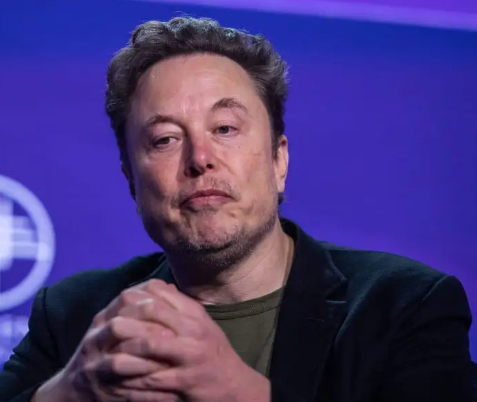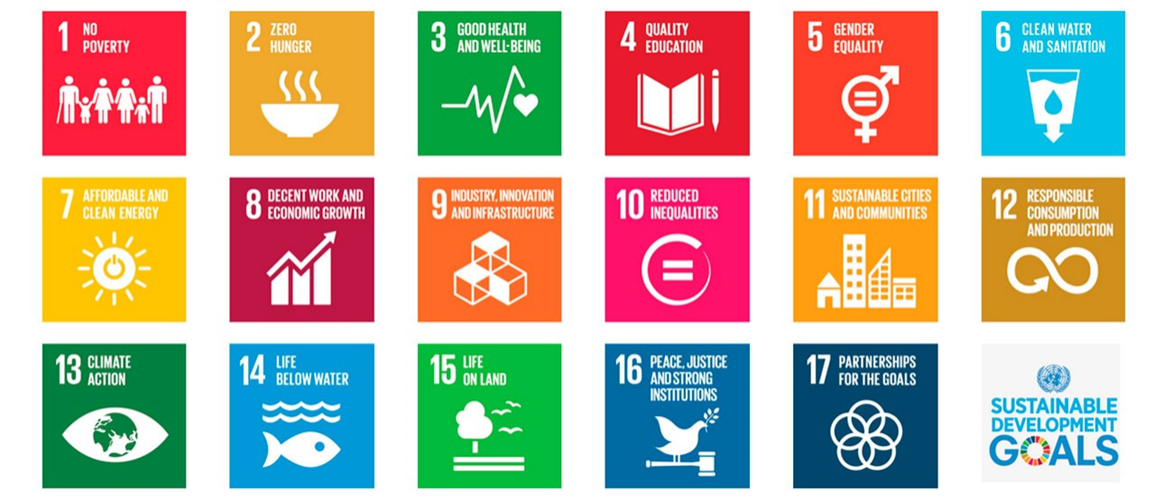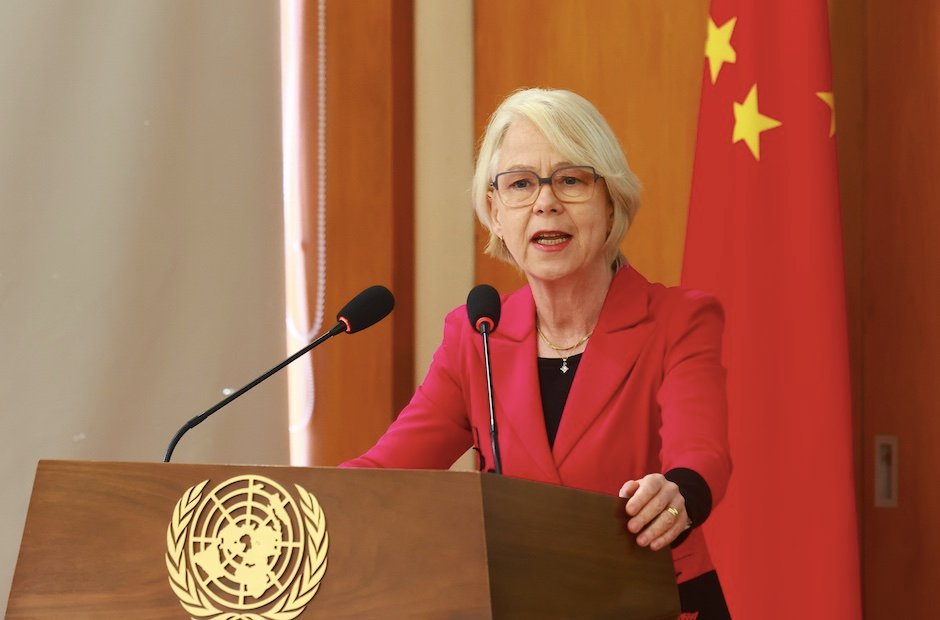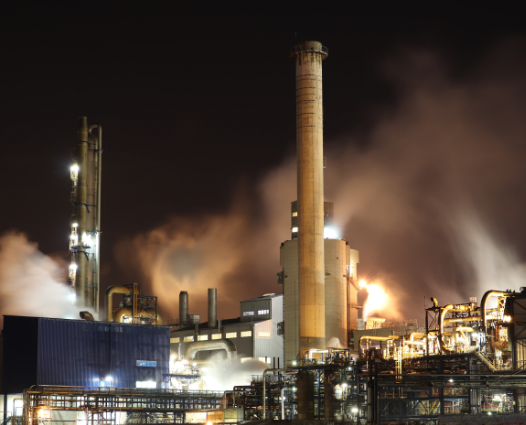What was hailed as a technological milestone for Memphis is now the center of environmental controversy. Elon Musk’s move to install what he called “the world’s biggest supercomputer” has sparked growing concern among local residents—who say the price of innovation is choking their communities in literal clouds of pollution. As AI ambitions rise, so do fears of unchecked industrial fallout.
The Supercomputer’s Arrival: Powering AI at a Cost
Earlier this year, Elon Musk’s xAI announced it would build its massive supercomputer cluster in Memphis, promising jobs, prestige, and a new spot on the tech map. The supercomputer is designed to train next-generation AI models, requiring immense computational power—and, consequently, energy.
While the announcement was met with fanfare in some circles, residents near the site quickly noticed something else: air quality deteriorating, strange smells, and an uptick in respiratory complaints. Many now question whether the city was prepared for the environmental impact of such a high-energy installation.
Residents Sound the Alarm Over Supercomputer Pollution
Neighborhood groups and environmental watchdogs have raised the red flag on what they describe as supercomputer pollution. Some local schools have even reported increased asthma-related incidents. Community leader Sherry Wallace noted, “We were told this would bring progress, not pollution. Now our kids are coughing, and we don’t know what’s in the air.”
Experts say data centers like this one can generate significant heat, require heavy-duty cooling systems, and strain local energy grids—especially when powered by fossil-fuel-driven electricity. If unchecked, such facilities can lead to increased emissions of particulate matter, carbon dioxide, and other pollutants.
Local Government Faces Growing Pressure
The Memphis city council is now under fire for approving the project without a thorough environmental impact review. Activists are demanding transparency and a full investigation into the health risks posed by the supercomputer site. Some are calling for the project to be paused until public health assessments are completed.
City officials maintain that proper procedures were followed and that emissions are within legal limits. However, public trust is fraying, and calls for regulatory oversight are growing louder.



